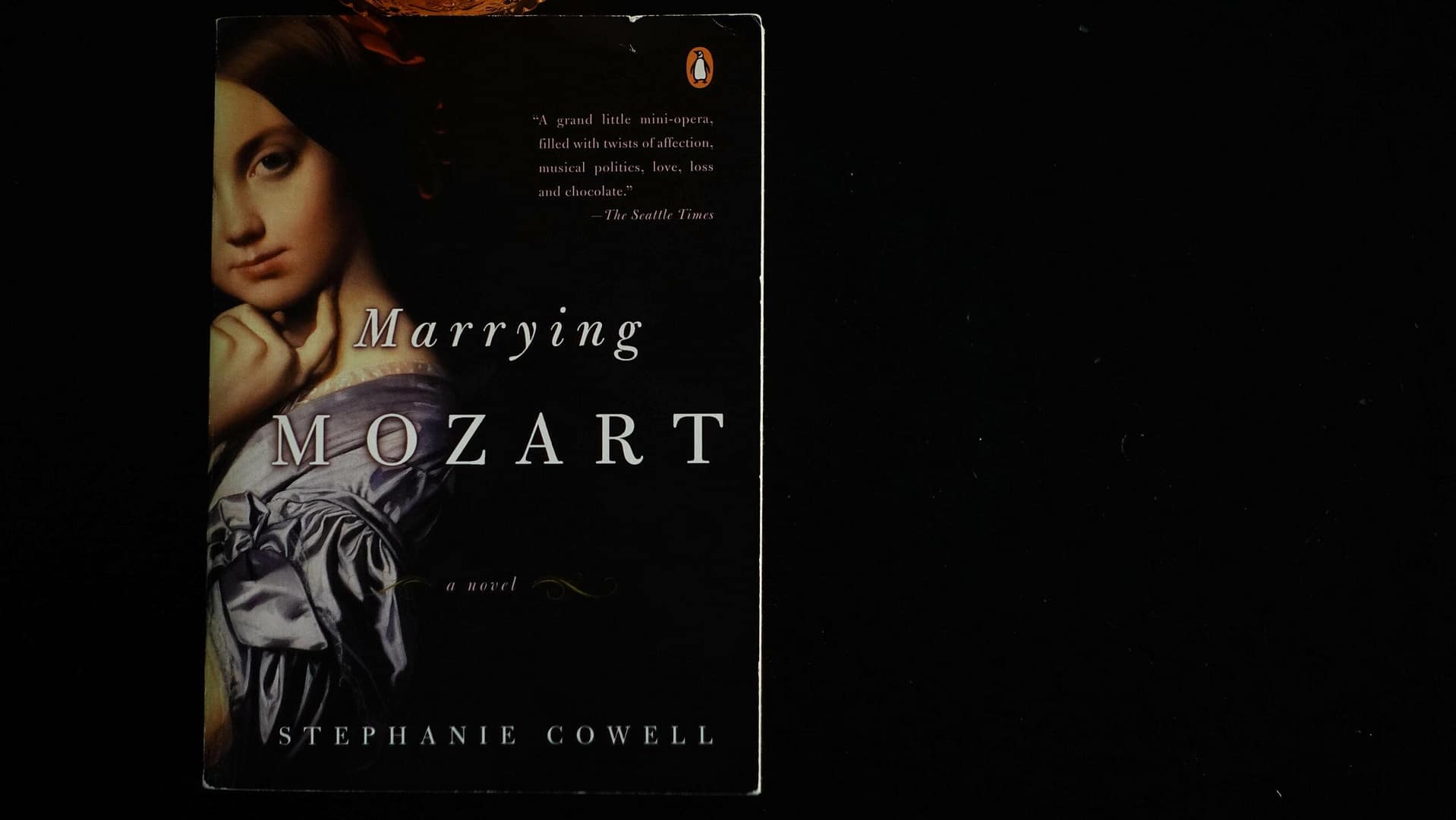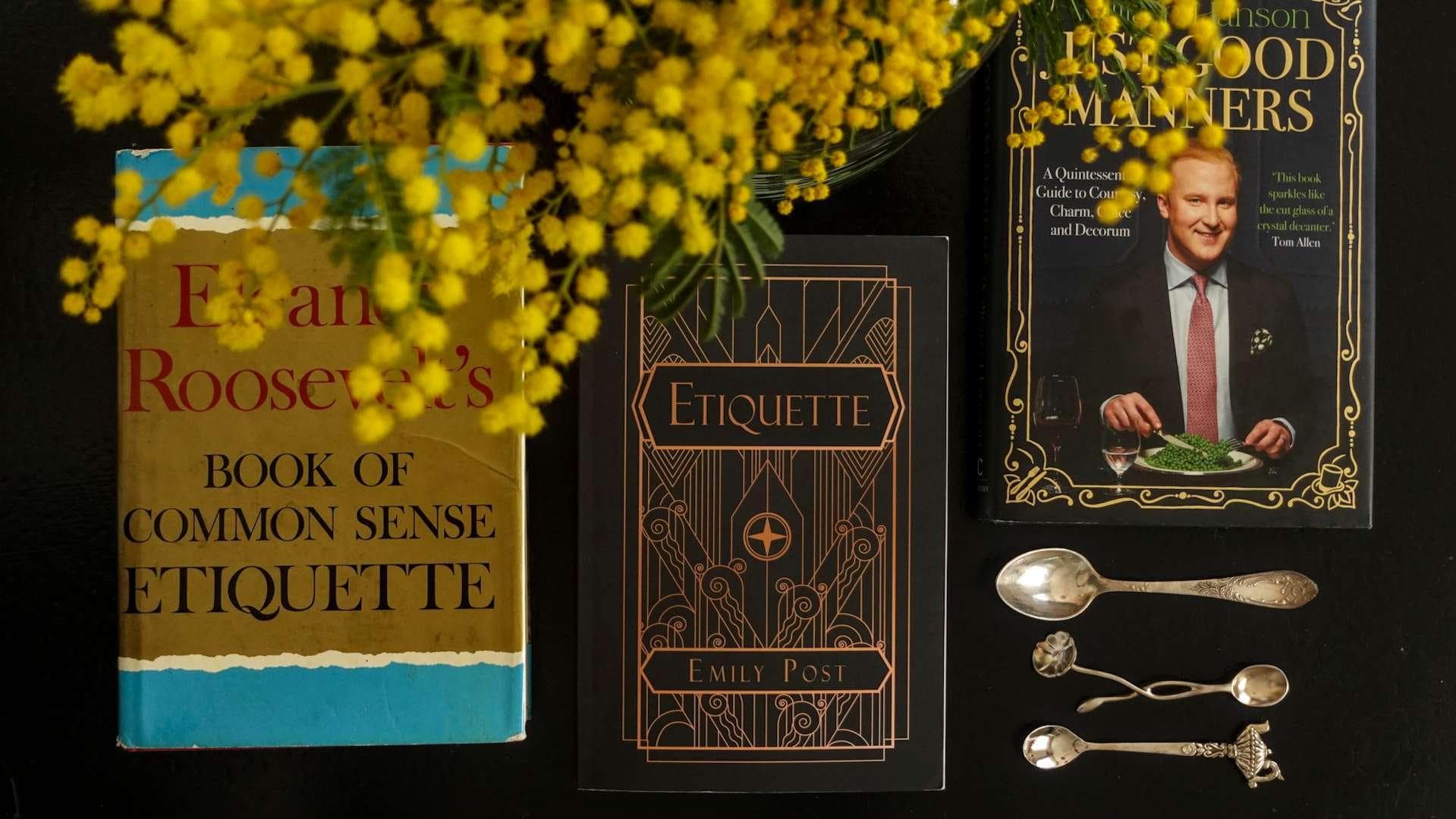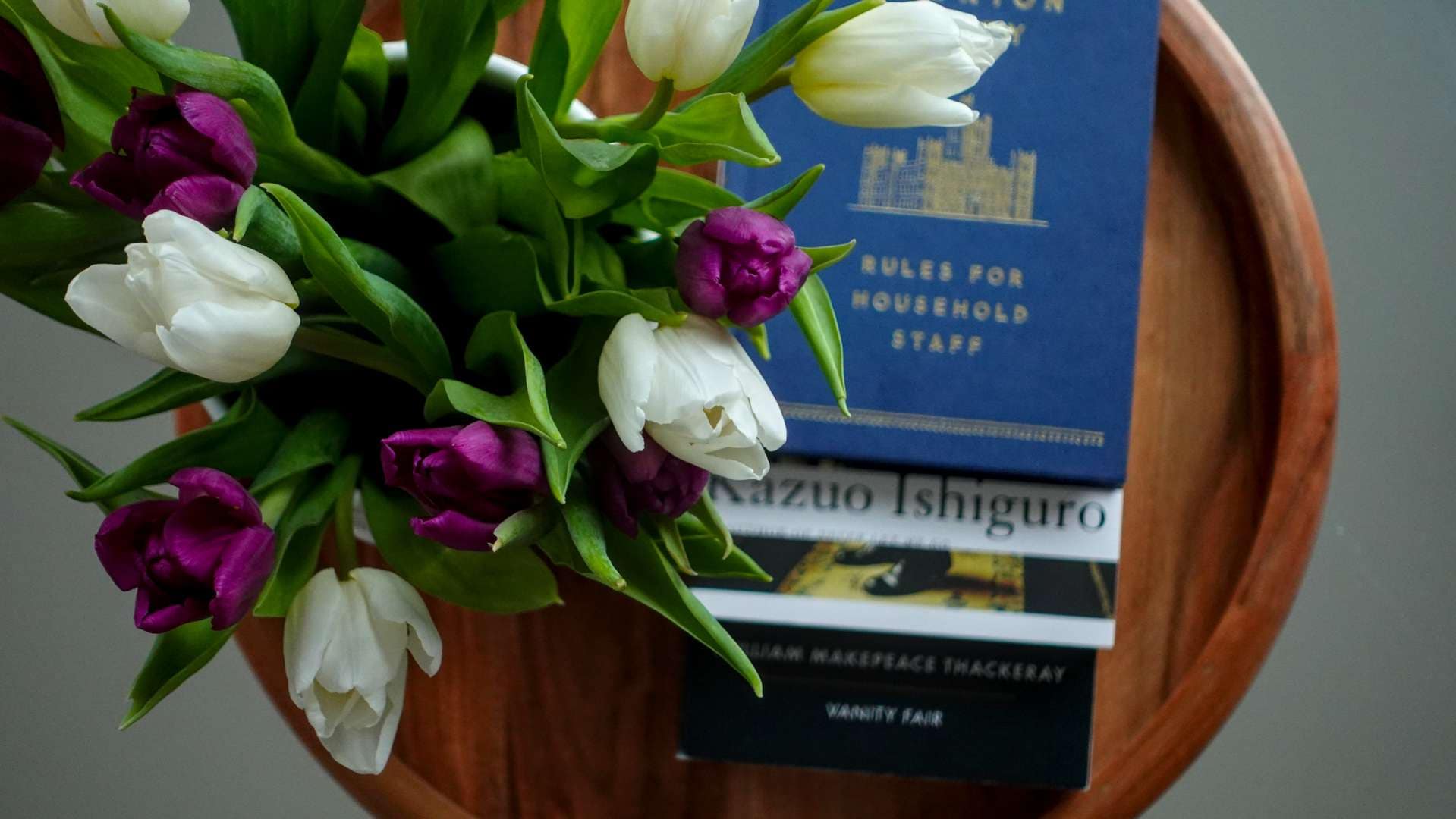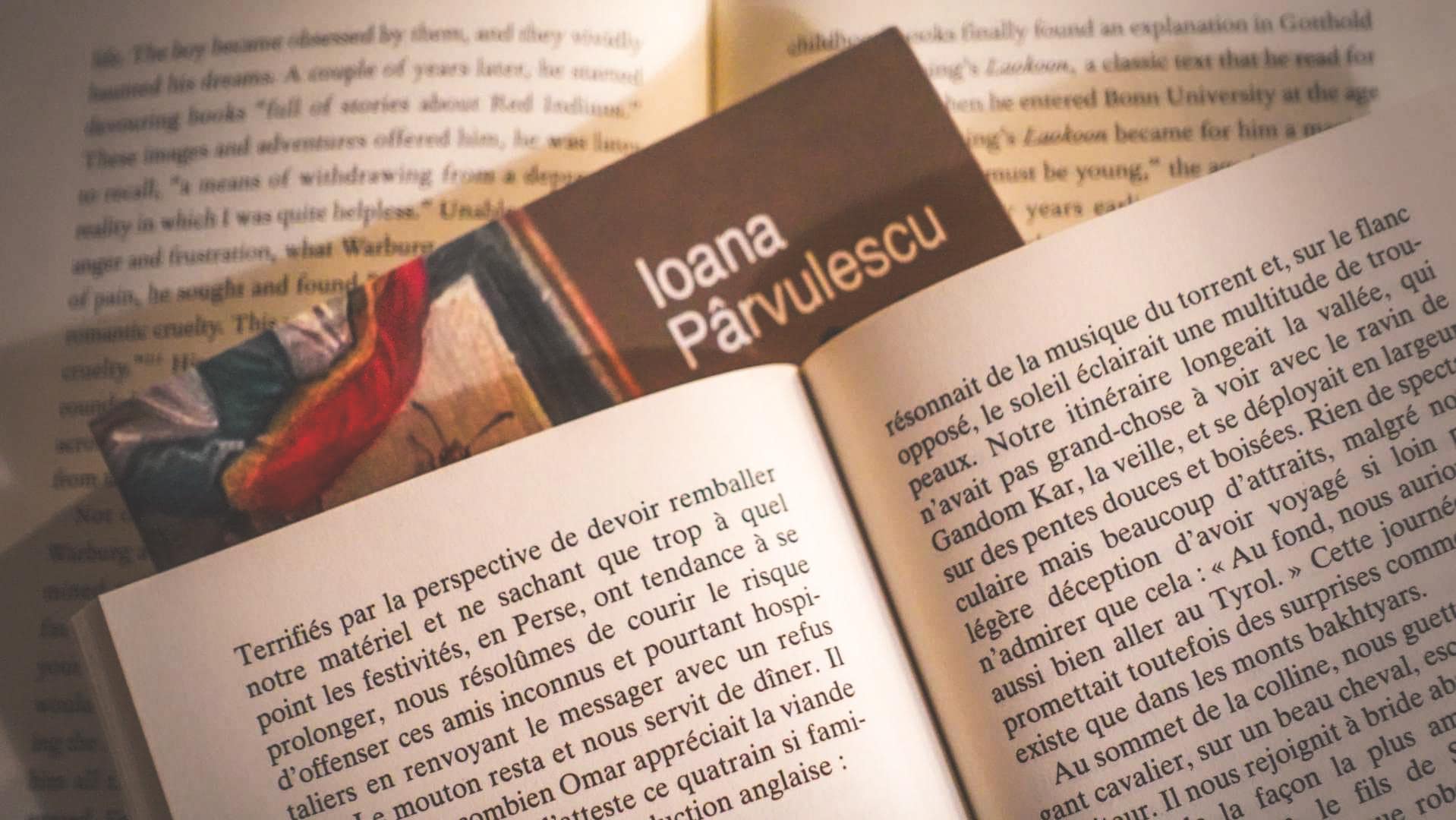The playful harmony of a few notes is unmistakable : welcome to another Austrian Advent video, dedicated to Wolfgang Amadeus Mozart !
Everyone has their own idea of Mozart… child genius, one of the greatest creators in history, living in the contrasts of a glamorous yet cruel 18th century. His spirit is constantly present in the Austrian culture, and not only for the pleasure of tourists. So where would I start if I wanted to get to know him a little better ?
I took two different but complementary roads.
Firstly, I wanted to trade the history books for a historical fiction novel : Marrying Mozart by Stephanie Cowell. We meet the Weber sisters in 1777, Mannheim. Brought up in a musical family, the four girls share a crowded and artistic life, in a house with open doors to many musicians of the time. During one of their father’s musical soirées, young Wolfgang enters their lives, and will forever change their destinies. Following the historical facts of falling in love with one sister, then marrying another, this delightful little novel has helped me to travel in time. It’s not only the meeting with Mozart, but also the atmosphere of a modest yet respectable class during the centuries where the world knew only two extremes : the very rich and the very poor. The read is entertaining and light, it pairs very well with many of Mozart’s compositions. Not obliviously joyful, yet never truly saddening. A playful glimpse into the rom-com part of Mozart’s life.
My second way of acquainting myself with young Wolfgang was a more direct one : I read a few of the letters between him and his father, assembled by Penguin Little Black classics under the title My Dearest Father. The selection gathers letters from 1777 and 1778, so the parallel with the novel is just right. And I must admit, these were surprising… Somehow, in my imagination, child genius meant proud parents and therefore, a happy family life. What I discovered in the letters between Wolfgang and Leopold Mozart, was a relationship based on a type of love that did not mean respect. The very rigid roles that 18th century society imposed on fathers and sons, meant that whatever the intellectual capacities a son might have, he owed complete obedience to his elders. This was a source of never ending contradictions and conflict between the two, palpable with every letter they exchanged. For me, that offered a whole new understanding of what Wolfgang faced during his short and intense life : a world willing to adore a gifted child, yet unwilling to understand an original artist. And then, a loving family, who most certainly did their best considering the context, but who lacked the perspective to properly support such a visionary.
In the end, when focusing solely on the music, I find a great dose of escapism in Mozart’s compositions. As if, his inner world were infinitely more light and joyful than his reality. No matter the instruments or the musical form, his optimism, the one you find in his letters reassuring his father that everything will work out for the best, is what I am most grateful for. Well, that and the invention of the Mozartkugel, in 1890, Salzburg. A chocolate filled with almond and pistachio marzipan, as sweet and exuberant as a piano concerto !
Until tomorrow, enjoy a little moment with Mozart !






